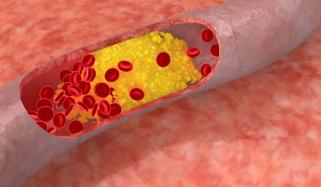
Excessive amounts of salt usage can increase the risk of eczema or atopic dermatitis, revealed a new study.
According to Medical News Today, atopic dermatitis (AD) that is also known as eczema, is a collection of inflammatory skin diseases that cause rashes, itching, dry or cracked skin, weeping sores, skin infection, blisters and discoloured skin.
Researchers from the University of California, San Francisco (UCSF) found that high amounts of salt in the food could raise the risk of AD.
The study published in JAMA Dermatology found that people with a 1-gram increase in the estimated per day urine sodium excretion have 11% chances of AD, 16% chances of getting active symptoms and 11% higher chances of increasing severity in AD.
Katrina Abuabara, the senior author of the study, told the news outlet, “(Atopic dermatitis) encompasses a spectrum of inflammatory processes and is triggered by various environmental factors.”
She added, “This study was the first step in that we were able to show an association between dietary salt and AD in a large population.”
Abuabara further explained, “It is hypothesised that sodium is stored in the skin to prevent water loss and may help prevent infection. However, it can also activate cells in the immune system, triggering some inflammatory pathways and removing the ‘brakes’ from others.”
She noted, “Atopic dermatitis may be triggered by different foods, depending on the person, and a food elimination trial can help determine the potential trigger. Trigger foods can include food additives, preservatives, dairy, wheat, eggs, fish, or shellfish.”
Michelle Rothstein, RDN, preventive cardiology dietitian, suggested, “Adding flavours such as favourite herbs, spices, citrus juices like lemon or lime, vinegar such as balsamic or apple cider, and garlic and onions is important when reducing salt intake, ensuring dishes maintain depth and tanginess without relying solely on salt.”















